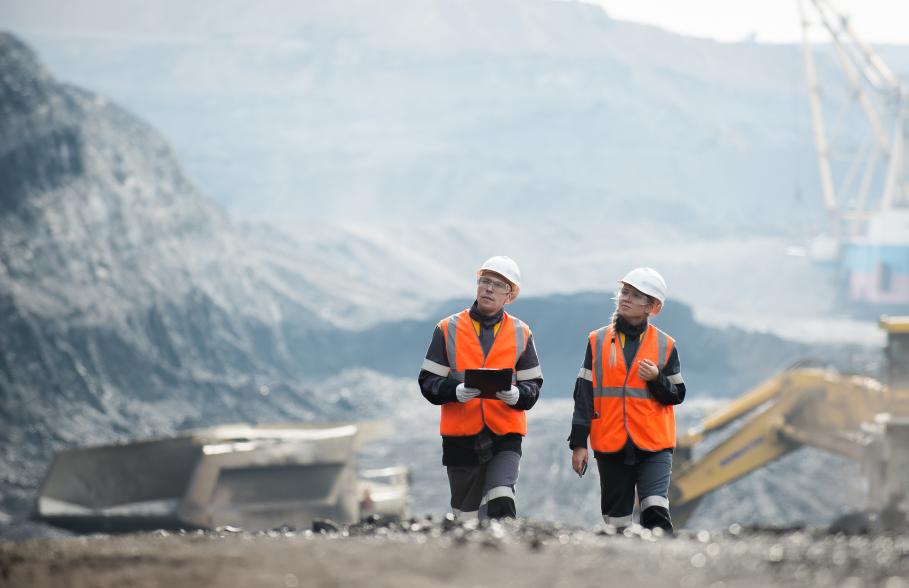As a shareholder in many companies that conduct advocacy with governments, we have sought greater transparency and evidence of good corporate governance from companies around their lobbying and advocacy efforts related to climate change.
In 2022, we led the investor initiative to develop and launch the Global Standard on Responsible Climate Lobbying with other investors and partners. This remains the best articulation of good corporate practice and what we advocate companies report against. We also engaged with initiatives like the Climate Action 100+, InfluenceMap, the Transition Plan Taskforce, the Transition Pathway Initiative, We Mean Business, and the World Benchmarking Alliance to ensure corporate lobbying and advocacy was recognised as an integral part of assessing companies’ climate ambition and performance.
In 2024, we continued to lead on this issue by:
- Voting against management resolutions at 16 Climate Action 100+ companies for failure to produce lobbying disclosures six years after the initiative has been in progress, including: Bluescope Steel, Bunge, Caterpillar, Colgate-Palmolive, Daikin, Dow, Holcim, PACCAR, Panasonic, Procter & Gamble, Suzuki Motor, Toray Industries, Trane Technologies, Walmart and Xcel Energy.
- Pre-declaring a vote in favour of a resolution at Toyota calling for the company to improve its climate resolutions.
- Speaking at the Annual General Meetings of National Grid, VW, Mercedes, BMW, and Barclays about climate lobbying.
- Co-leading engagements with UK banks, including Barclays and HSBC to call on them to produce their first lobbying and advocacy disclosures.
- Through our engagements on lobbying in 2024, National Grid produced its first disclosure, and Renault agreed to produce its first disclosure in 2025.
By the end of 2024, 62 of the Climate Action 100+ companies (of 170) have produced a disclosure on climate change. We are beginning to see evidence that companies that are producing reviews are taking more proactive steps to call for positive climate policy. For example, Nestle and Unilever broke ranks with the European Round Table on Industry (ERT), which was calling for major reductions in sustainability reporting requirements for companies in the European Union (EU). Nestle and Unilever, conversely, have vocally supported the continuation of these sustainability reporting measures. All three companies have previously disclosed on climate lobbying using the Global Standard on Responsible Climate Lobbying.




